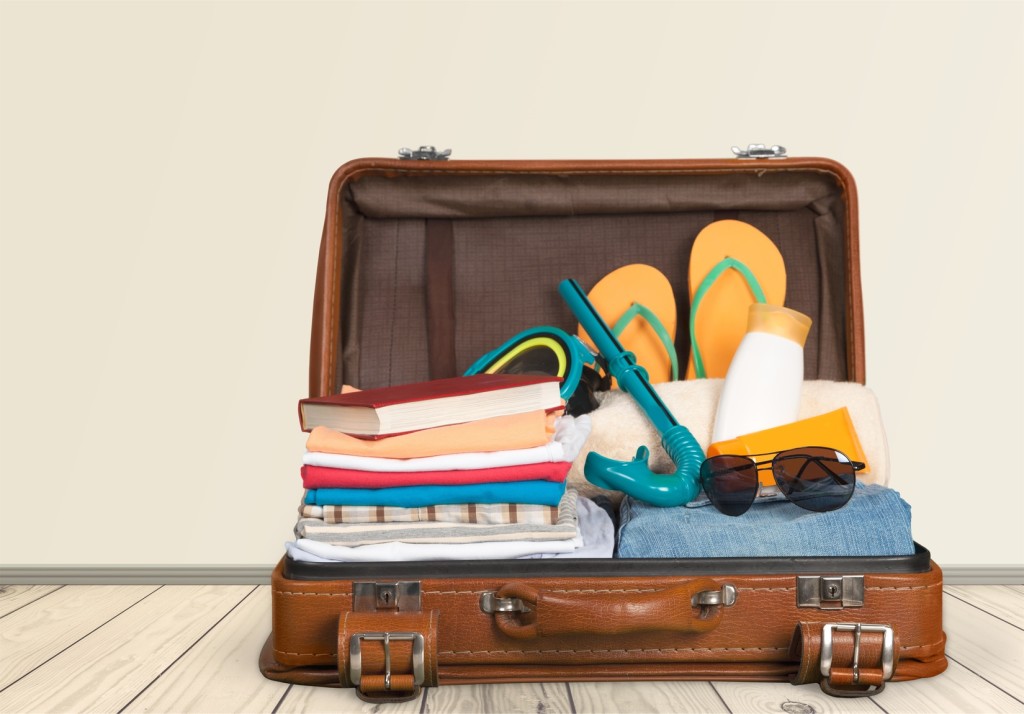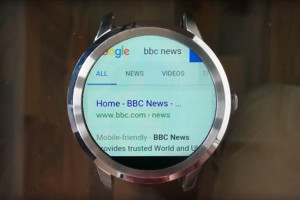
I’m 85% deaf. I find it hard to understand those that speak even in the same dialect as me, so when I’m visiting different countries I have to make extra effort to try to understand the locals. Physical disabilities come in many different forms – some of them are invisible, like mine, and some are more obvious, but there’s one thing that they all have in common for sure:
Physical disabilities are hard to live with, especially when you’re a digital nomad that “lives” in a different country from one day to the next. With any disability, you have to consider the overall user experience of everyday spaces (supermarkets, travel hubs, et cetera), the quality of their emergency services, and of course there’s the question of medication.
Being disabled is an obstacle. It can’t be removed, but there are always ways around it — and you shouldn’t let it stop you from becoming a digital nomad. Let’s take a look at a few ways that we can make travel more accessible to the disabled.
Medication
If you’re travelling with medication (any medication) then there are a few things you must consider. Firstly, all airlines require a doctor’s certificate, as stated in their terms. Most of the time airport security won’t request to see it, but on the off chance that they do, you can be denied boarding, and the risk will surely vary depending on the type of medication.
As a Type 1 diabetic, I travel with both needles and insulin (which goes way over my 100ml*10 liquid limit), but even then I’ve only been stopped once. However, they did ask me a few questions and even called my doctor (your medical certificate must have the surgery name and doctor’s telephone number on it).
You also need to take more than enough medication to cover your entire trip and also confirm that your medication is available in the country you’re visiting. I always stock up whenever I visit home, but once, I did lose my entire stock of medication.
It was awful and scary because I did no research in advance!
Buying medication is a different story in every country. Even if it’s free or covered by health insurance, there is always a process that you must follow, so do your research first.
Emergency Care and Insurance
Emergency treatment is something entirely different – unless your home country and your destination have a treaty (for example, the UK have a European Health Insurance Card for emergencies), you are not entitled to it. You can’t assume that you’ll be taken care of in an urgent case, so always take out health insurance.
World Nomad Insurance is expertly designed for the frequent traveller, but you really should investigate a tonne of other alternatives – ask yourself (and them) all the right questions. Here’s a few to consider:
- If I need dental work, is that covered too?
- If I loose my medication, does that count as an emergency?
- Does my country have a healthcare treaty with this country?
- If it’s not an emergency, can I walk into a doctor’s surgery?
- Is the medication I take even available in this country?
Serious Disabilities
Serious disabilities obviously require more care. While I don’t regard myself as seriously disabled I do sometimes wonder, as a user experience designer, how mobile-impaired travellers deal with not being able to move freely in badly equipped spaces.
It’s not always a dilemma that can be “figured out” beforehand, so I would honestly recommend travelling with a buddy if you are mobile-impaired or have special requirements. It’s always best to call ahead when travelling by air or taxi regardless, as they can usually offer the right care with enough notice.
Hotels, airlines, shops and taxi services are usually reliable, in fact the Americans With Disabilities Act guarantees that disabled travellers receive equal treatment and many first-world countries have similar laws. Even with a serious disability in the midst of inadequate facilities, most hiccups can be overcome.
Communicating
As I mentioned before, I’m 85% deaf. It can be quite difficult to understand disabilities that you don’t have, so as a quick exercise (optional of course), turn down the volume on your computer to 15% and try to remember that real-life doesn’t have subtitles. Now try it again with a foreign-language movie.
I know, what the hell. In a situation where you have trouble understanding a dialect, and this does apply to hearing folk too, the best thing you can do is speak up and smile. Nobody else can help you but the individual you’re conversing with, and tolerance can quickly diminish if you shy away or respond with grunts.
It is surprising how many foreign locals actually speak English in their first encounter with you, but nonetheless it’s unrealistic to expect that everybody will (or even want to).
But of course, if my supermarket cashier doesn’t speak the same language as me, I wear the same dumb expression as the next tourist and awkwardly act out some bizarre sign language. But don’t worry; customer-facing workers are usually appreciative of your effort and somehow manage to explain themselves visually. Never underestimate the value of a makeshift sign language!
Conclusion
I travel with my wife 24/7, and while I don’t require a huge amount of care, she’s always there to tell me when I’m obliviously doing something wrong, to explain important announcements to me, or to ask for information when needed.
Personally, I think everybody could do with a travelling companion wether they’re disabled or not, but if that’s out of the question, never underestimate the kindness of a stranger.
While language barriers can surely complicate things sometimes, compassion knows no boundaries, and you’d be very surprised at how far you’ll get with a smile and a gracious nod. So, do your research, triple-check everything, and set off on your adventure!
Have you ever been in a tricky health situation? I’d love to hear your experiences of travelling with a disability or illness.
 Daniel Schwarz
Daniel SchwarzPreviously, design blog editor at Toptal and SitePoint. Now Daniel advocates for better UX design alongside industry leaders such as Adobe, InVision, Marvel, Wix, Net Magazine, LogRocket, CSS-Tricks, and more.



